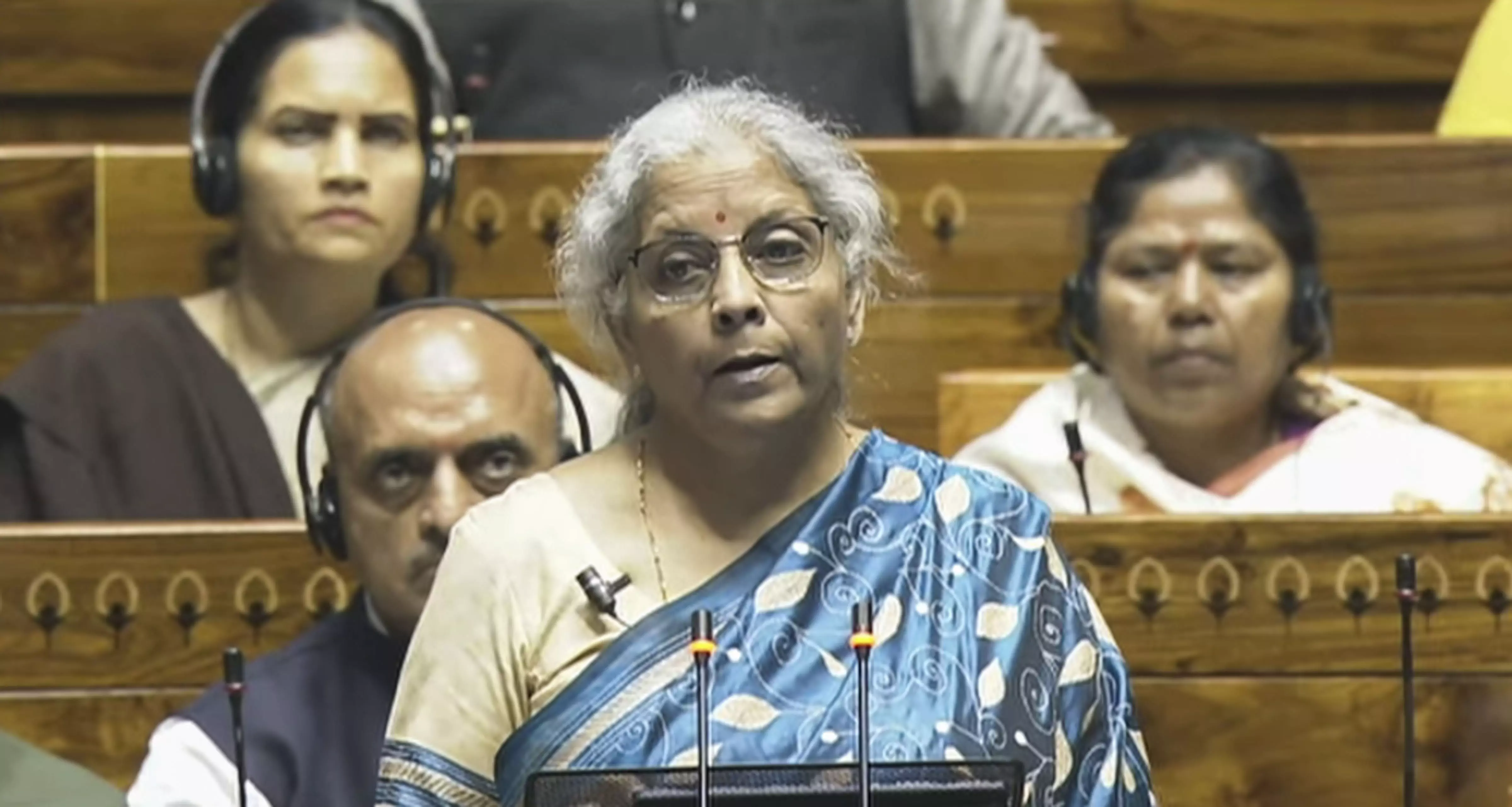DC Edit | FM signals what might lie ahead in a 3rd Modi govt

Finance minister Nirmala Sitharaman presented in Parliament a performance report and track record of achievements during the decade-long rule of the Narendra Modi-led BJP government while presenting the vote-on-account, popularly known as the interim Budget for the Union government.
The vote-on-account is typically presented by an incumbent government ahead of the general election to ensure that funds are made available to meet its obligatory and standard expenditures, until a newly elected government takes charge to finalise its fiscal policy for the remainder of the financial year. Therefore, no major policy decisions are expected or taken in an interim Budget.
The only exception was the 2019 interim Budget, which introduced the Pradhan Mantri Kisan scheme, just a couple of months ahead of the Lok Sabha elections. However, it is commendable that the Narendra Modi government went back to complying with a long tradition of minimalist interim Budgets even if some critics will sadly try to portray it as a sign of the government’s confidence in the Ram Mandir in Ayodhya to reap electoral dividends and not having to depend, as a result, on any additional announcements of a financial nature.
Whatever the reason, a minimalist interim Budget is the way to go ahead of the general election and all political parties must appreciate and uphold this convention as well as welcome the ruling party for doing so.
The Budget, however, gives interesting insights into future economic policy, if the BJP government is re-elected and takes charge for a third consecutive time. The broad theme would be freeing India of its dependence on fossil fuels. Its components were announced in the Budget as rooftop solarisation, viability gap funding for harnessing offshore wind energy capacity, three dedicated railway corridors and strengthening of the electric vehicle ecosystem by supporting charging and manufacturing infrastructure.
While roof-top solarisation and offshore wind power will reduce India’s dependence on coal-based power generation and cut transmission losses, dedicated railway corridors and the support for electric vehicles will reduce India’s reliance on foreign crude oil, which has destabilised the economy and its forex reserves time and again since Independence. Both these measures, if implemented effectively, could change the dynamics of the Indian economy and foreign affairs.
The bio-manufacturing and bio-foundry scheme aims to provide environment-friendly alternatives for biodegradable production, which could potentially reduce the use of harmful plastic, which again is based on imported crude oil based polymers.
The government’s intent to use existing hospital infrastructure to set up more medical colleges is one of the important steps to improve healthcare in India as the country has one of the lowest doctors-to-population ratios. Any step towards improving and increasing the capacity of higher medical education is badly needed and welcome.
The provision to create a corpus of Rs 1 lakh crore to scale up research and development in sunrise industries will hopefully enable India to compete with developed countries in high-tech industries. The scheme to help the middle classes to buy or build their own house will give a boost to infrastructure-related sectors and also help the common man and woman get a decent house.
While 50-year interest-free loans of Rs 75,000 crores to states to realise the dream of developed India is a good idea, its utilisation should be monitored for its effective implementation. The intent to promote public and private investment in post-harvesting agriculture activities could help in promoting value-added farm products, which, in turn, could enhance agriculture’s contribution to the economy.
On this front, the government should focus on supporting micro-enterprises to take up post-harvesting farm activities to boost micro-level industrialisation at the block level. The government announcement to set up a committee to look into the challenges of population growth is the most important one to prevent demographic explosion in the country, in view of scarce land and commodities, and the shrinking job market.

